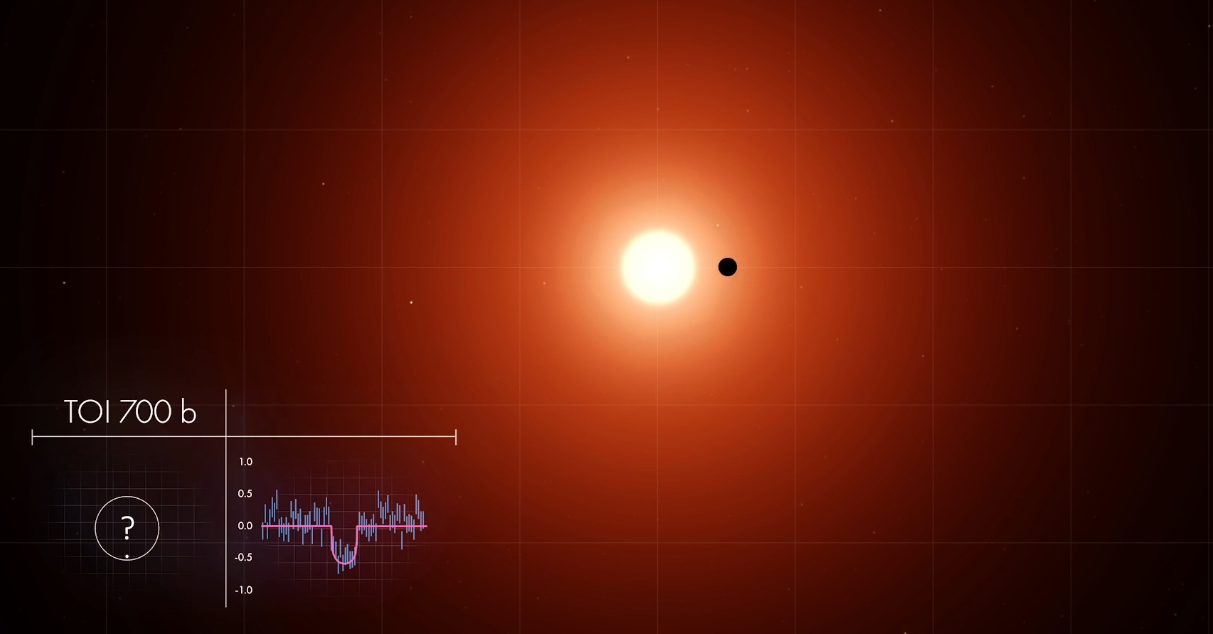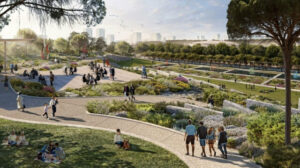You can now build your very own Earth 2.0! A new website allows users to create an Earth-like planet with a wide selection of options in an effort to demonstrate how many of the new exoplanets lauded as “Earth-like” may not resemble our planet at all. The researchers behind this website hope to clear up some of the confusion about what the phrase “Earth-like” really means.
“It is very tempting to think that an Earth-sized planet is like our habitable Earth,” Kana Ishimaru, a graduate student at the University of Arizona, told Space.com in an email. “But changing only one property of the planet can affect the environment significantly.”
Ishimaru lead the development of the website “Earth-like” and the Twitterbot of the same name while she was an undergraduate student at the University of Tokyo. Within the website, users can manipulate factors including the land-fraction and volcanism of the planet and where it lies within the habitable zone, the distance from a star where liquid water can remain on the surface. These small shifts can dramatically affect the environments on the surface of a planet.
Between the thousands of exoplanets revealed by NASA’s Kepler Space Telescope and the bounty expected by the Transiting Exoplanet Survey Satellite (TESS), along with worlds clarified with other instruments, many planets whose size and mass are similar to Earth have been publicly heralded as “Earth-like.”
Stars & Stripes: US & Greece working on deal to expand military cooperation in the Mediterranean
The cave beach always under shade is only 1-hour away from Athens (beautiful video)
But a variety of factors could mean that those worlds are as different from Earth as Venus, a solar system world often heralded as Earth’s twin that is at times hot enough to melt lead. Ishimaru’s advisor, Elizabeth Tasker, worried that these planets were too-often viewed as true Earth twins, identical to our own world in their ability to allow life to evolve, when in fact they are likely to be dramatically different. With this in mind, she set off to build a website where anyone could probe how small changes in planetary conditions could change its habitability.
“Given we currently know the radius or mass [or both] for most of the Earth-sized exoplanets we’ve discovered, their surfaces could be wildly different from our own home world,” Tasker said in an email to Space.com.
Read more: Space
Ask me anything
Explore related questions





